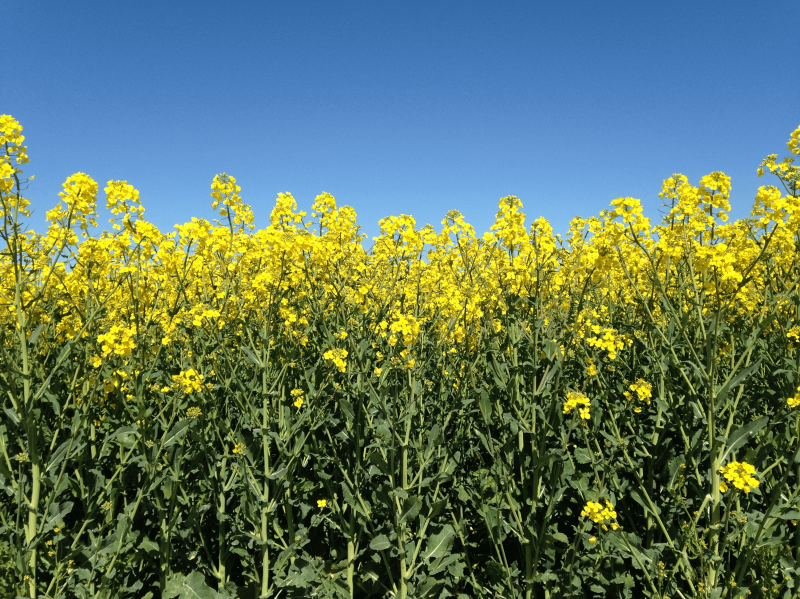More Irish farmers are expected to sow oilseed rape this autumn, despite the crop’s chequered and controversial history across the EU.
Across the Irish Sea, there was a spectacular failure of the crop in the last decade. In the UK in 2020, four out of ten fields of oilseed rape did not make it to harvest, due to damage by the cabbage stem flea beetle, and 14% of the crop was resown after severe damage by the pest. Yields fell to their lowest level in over a decade.
Historically, neonicotinoid seed treatments protected crop seedlings, but they were banned by the EU and withdrawn from use in 2013.
…
The ban led to increased use of another type of pesticide, pyrethroid, which inevitably led to pesticide resistance arising in the beetles.
With no way to control them, widespread crop failures and significant yield losses for farmers became commonplace. Since 2018, the area of oilseed rape grown in Europe has collapsed to 2006 levels.
…
According to Dr Patricia Ortega-Ramos from Rothamsted Research, the oilseed rape pest problem is “a great example of how a better understanding of pests and joined up decision making are going to be vital if we are to reform farming.”































